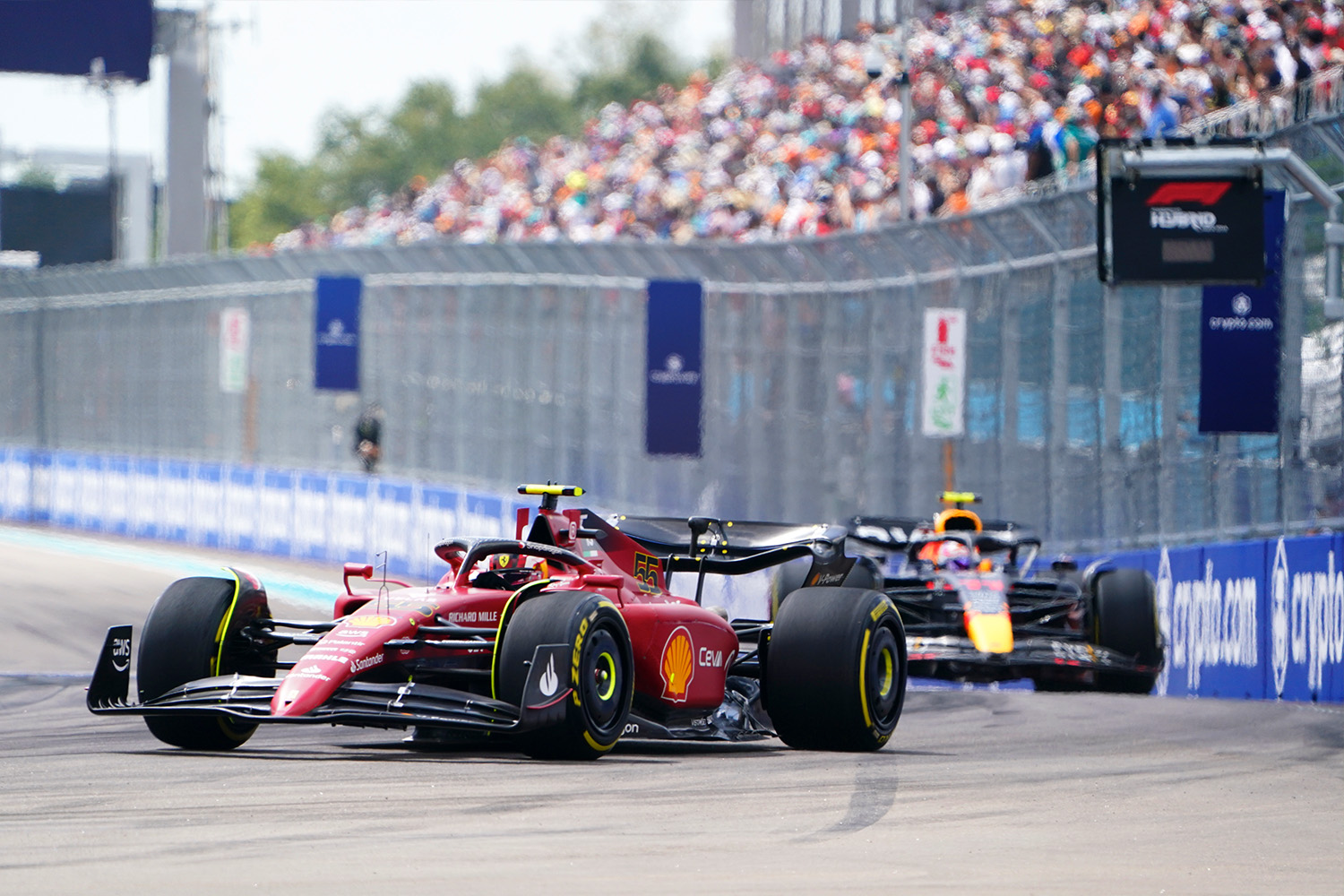Breaking Into Formula 1: How To Become An F1 Mechanic
Understanding the Role of an F1 Mechanic
An F1 mechanic plays a critical role in the success of a Formula 1 team. Their primary responsibility is to maintain, repair, and optimize the cars to ensure peak performance during races and practice sessions.
F1 mechanics work in high-pressure environments, often in the pit lane where seconds can make or break a race. They are responsible for everything from replacing tires to fine-tuning the car’s engine, aerodynamics, and suspension. Some mechanics specialize in specific areas, such as gearbox maintenance or electronics, while others focus on overall vehicle performance.
The job demands a deep understanding of cutting-edge technology, extraordinary precision, and the ability to work seamlessly within a team.

Educational Background and Technical Skills
If you aspire to become an F1 mechanic, a strong educational foundation is essential. A degree or diploma in automotive engineering, mechanical engineering, or motorsport engineering provides the technical knowledge needed for the role. Additionally, vocational training programs and apprenticeships in the automotive industry are excellent stepping stones.
Practical skills are just as important as academic qualifications. You’ll need to be proficient in vehicle mechanics, electrical systems, and aerodynamics. F1 mechanics must also be skilled in using diagnostic tools and interpreting data to identify and resolve performance issues.
Hands-on experience is invaluable. Building, repairing, and testing vehicles in real-world settings sharpens your technical expertise and prepares you for the demands of a high-stakes motorsport environment.
Gaining Experience in Motorsport
Breaking into Formula 1 rarely happens overnight. Most F1 mechanics start their journey in grassroots motorsport, such as karting, club racing, or touring car championships. These entry-level opportunities provide valuable experience and help you understand the unique dynamics of motorsport teams.
Networking is another crucial step. Attend motorsport events, industry workshops, and expos to connect with professionals and learn from their experiences. These connections can open doors to internships or entry-level positions.
Equally important is the ability to work well under pressure. Motorsport is a team effort, and success depends on seamless collaboration and communication. Building these skills early in your career will set you apart.
How to Apply for Roles in Formula 1 Teams
Once you’ve gained the necessary experience and skills, the next step is to apply for roles within Formula 1 teams. Start by researching the teams that are hiring mechanics and understanding their recruitment processes.
Craft a standout CV that highlights your qualifications, certifications, and hands-on experience in motorsport. Include specific achievements, such as race wins or innovative solutions you’ve contributed to in previous roles.
Many F1 mechanics begin as junior technicians or in supporting roles, gradually working their way up. Internships with motorsport teams can also provide invaluable exposure and a foot in the door.
Persistence is key. Competition for positions in Formula 1 is fierce, and it may take time to land your dream job. Stay adaptable, continuously upgrade your skills, and never stop pursuing opportunities.

Challenges and Rewards of the Job
A career as an F1 mechanic comes with its share of challenges. The work is physically demanding, with long hours and constant travel during the race season. The pressure to perform flawlessly in high-stakes situations can be intense.
However, the rewards are equally compelling. Few careers offer the excitement of working at the forefront of motorsport, alongside some of the brightest minds and most talented drivers in the world. The sense of achievement when a car you’ve worked on crosses the finish line is unparalleled.
Conclusion
Becoming an F1 mechanic is no easy feat, but for those with a passion for motorsport, the journey is worth every challenge. It takes dedication, hard work, and a relentless drive to succeed. Start by building your technical skills, gaining hands-on experience, and immersing yourself in the motorsport industry.
The road to the pit lane may be demanding, but with persistence and determination, you can achieve your dream of working in Formula 1. Take the first step today, and one day, you might find yourself at the heart of the action in motorsport’s most prestigious arena.

